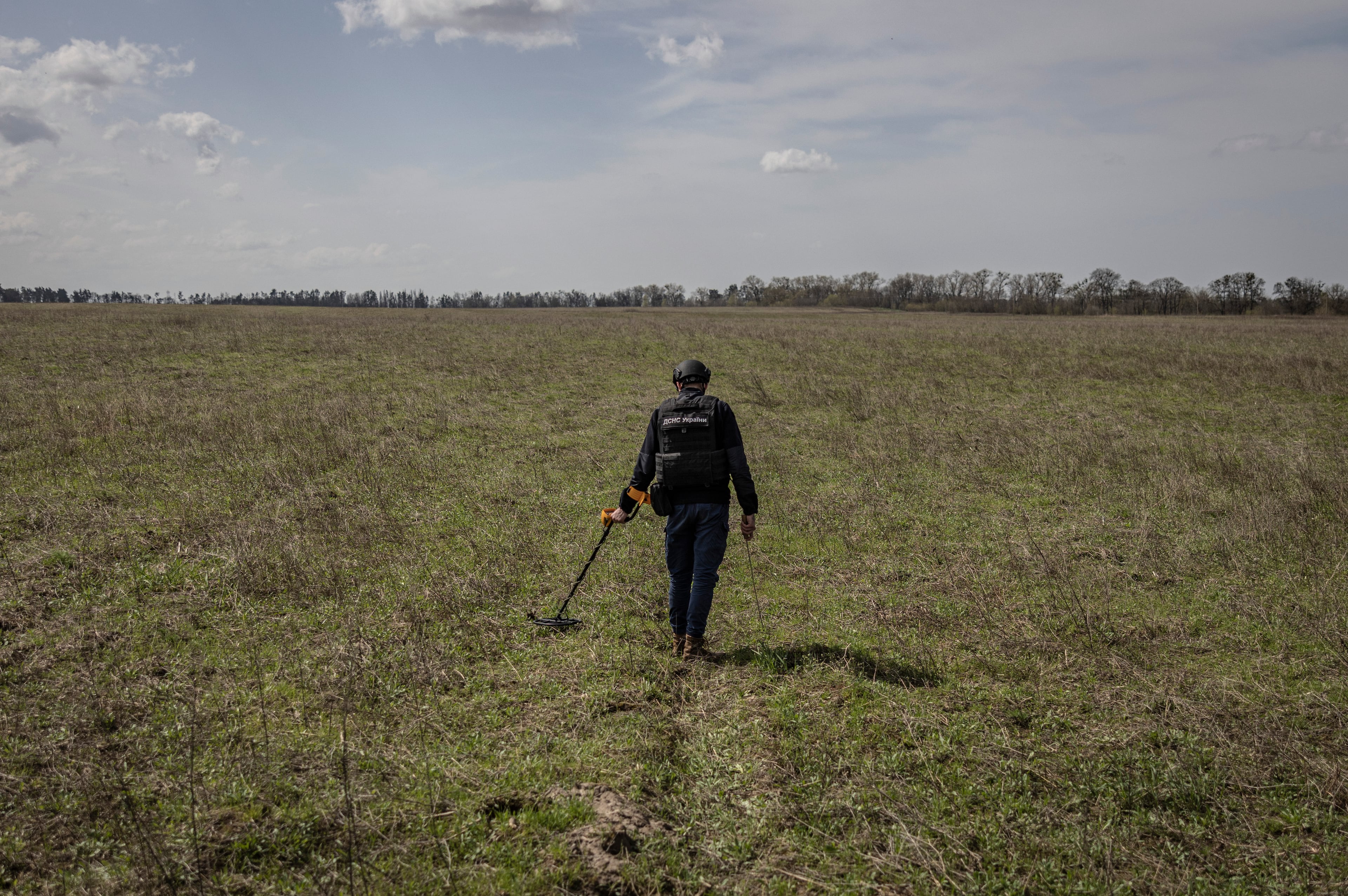Legal aid fights Ga. poverty
I went to law school with a vision of making a difference in the world. Those were the heady days of demonstrations and organizations, of picketing and protesting — the days when we watched the rule of law sustain our democracy. A peaceful departure of a disgraced president, a world leader’s relinquishment of power, showed Americans the strength of our democracy.
But my dream as a young law student hasn’t turned out quite like I’d hoped.
Poverty plagues us. In fact, we anticipate Georgia’s poverty rate will be higher than ever this year — and with it, access to justice is diminished. Two million Georgians live in poverty, including one in four of our children, up significantly from just seven years ago when it was one in five. Nearly a third of Georgians struggle to keep food on the table. Increasingly, more seniors go without heat or needed medicine. I’ve come to see that eliminating poverty is a truly complex undertaking, especially in Georgia, where the chances of escaping it are among the worst in the U.S.
Do I throw in the towel? No.
I also see the importance of civil legal aid in the fight against poverty. A quarter of Georgia’s population is eligible for legal assistance, yet lawyers outside Atlanta are scarce, as 70 percent work in the capital city. This gap makes funding legal aid critical to rural Georgians’ ability to seek justice, whether to fight an unlawful eviction, escape a violent situation and seek spousal support, obtain health care through Medicaid and Medicare, or protect access to affordable housing.
Such legal victories truly can make a difference. Legal advice can play a very real role helping an individual climb the economic ladder, often securing basic needs and protecting the stability needed to maintain these and advance further. Minnesota Judge Kevin Burke said it another way: “(A) good lawyer can mean the difference between sickness or health, oppression or liberty, fear or peace of mind.”
Most lawyers know this, or they wouldn’t do what they do. But those who offer civil legal aid to needy clients, many of whom work for non-profit law firms funded by the Legal Services Corporation, are being forced to turn away more and more low-income Americans seeking help. Congress is failing to provide the resources to offer needy clients the hand up that would help lift them out of poverty.
Federal funding that supports these lawyers has failed to keep up with inflation even as poverty grows. Since it was first funded by Congress in 1976, funding for legal aid through Legal Services has been cut by more than half, taking inflation into account. Meanwhile, Georgia’s poverty population continues to grow. While many Georgians are finding their way out of the Great Recession, there are too many for whom recovery remains a dream.
With civil legal aid, they might find that opportunity out of poverty. Without it, the dream dies.
Phyllis Holmen is executive director of the Georgia Legal Services Program.


